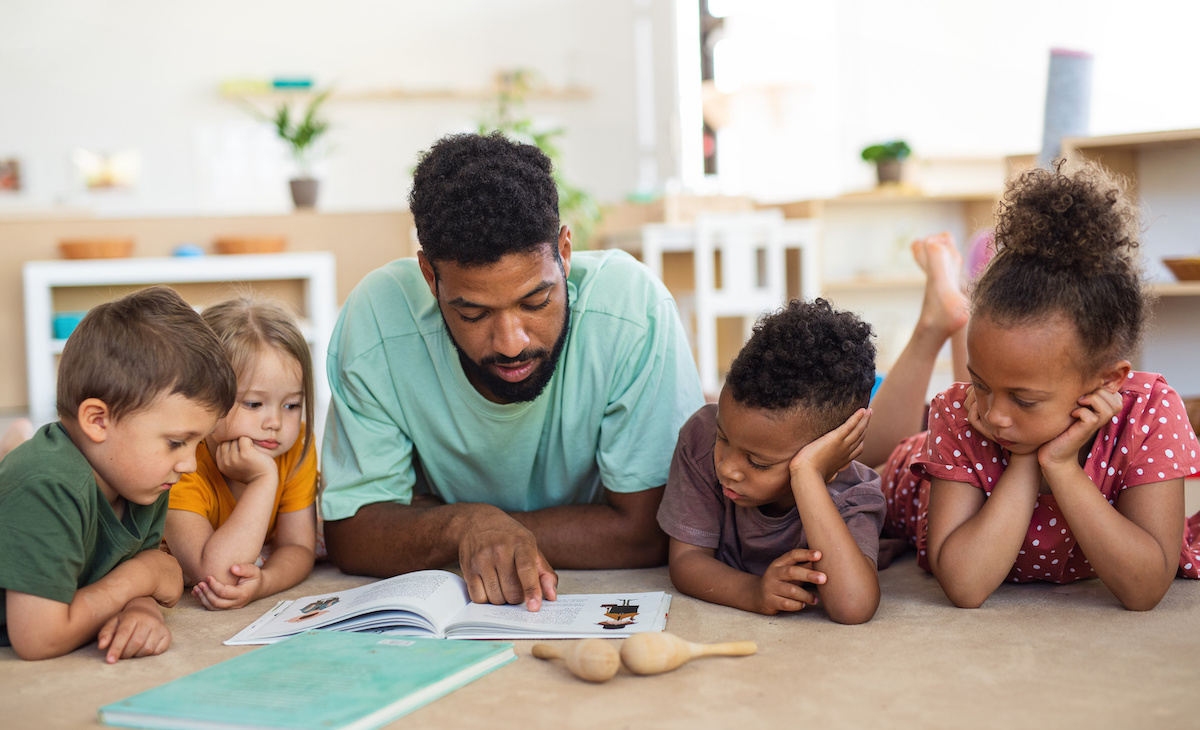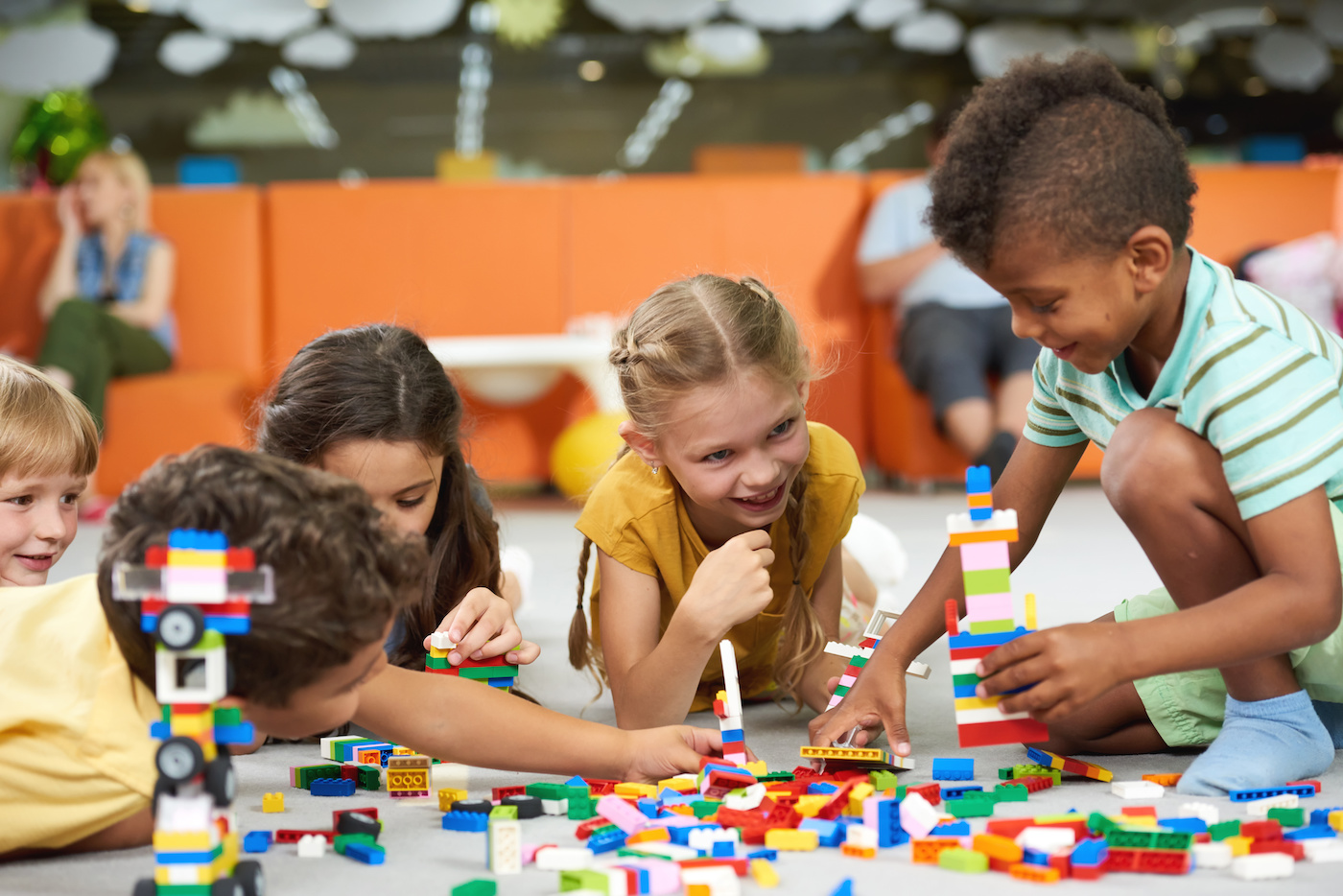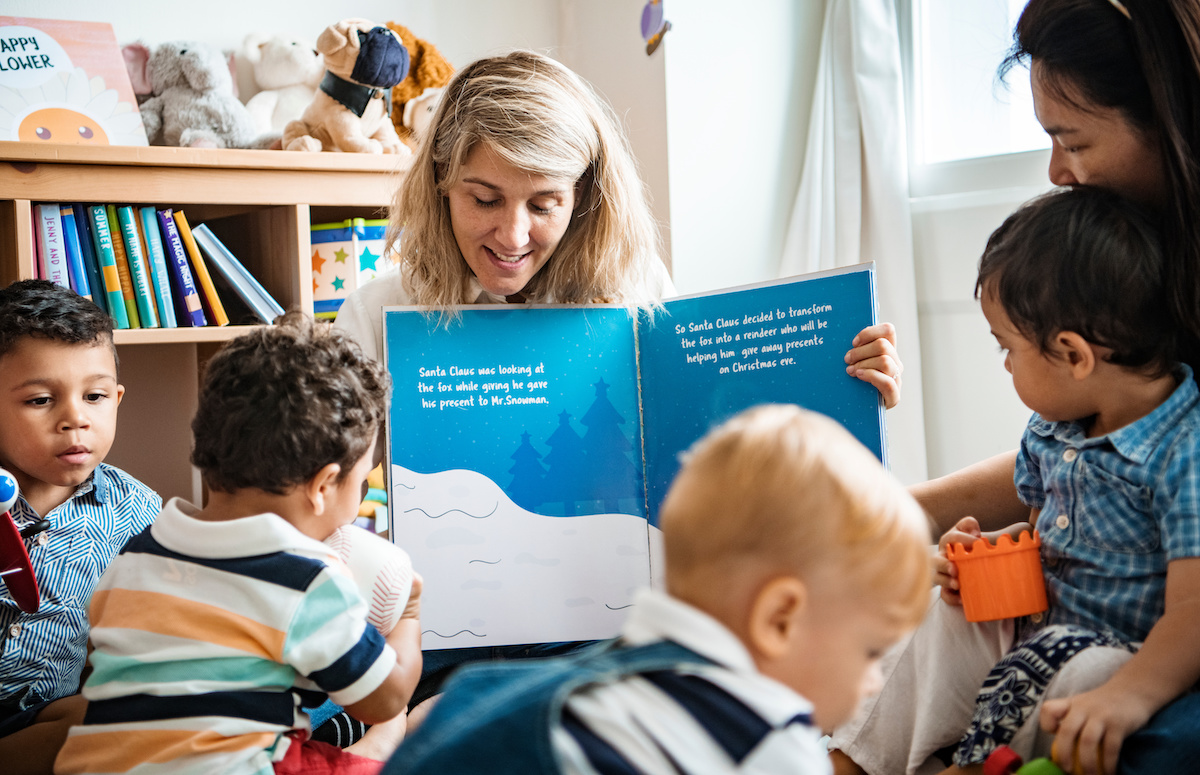As educators in early childhood education and care, it is crucial to foster positive social behaviours in children, as these behaviours lay the foundation for healthy social interactions later in life. Here are some effective strategies to help children develop positive social behaviours in early childhood education and care:
Model Positive Social Behaviours
Children observe and imitate the behaviours of those around them, and as educators, it’s crucial to model positive social behaviours. Use kind language when interacting with children, work with patience and reinforce positive social behaviour by praise and acknowledgement.
Utilise Positive Reinforcement
Using positive reinforcement not only encourages positive social behaviours but also helps build self-esteem in children. Recognise positive social behaviours, such as sharing, taking turns and empathy through rewards such as smiles, praise, and other simple but rewarding incentives.
Encourage Cooperative Play
Encourage children to work cooperatively and create opportunities for collaborative play. Provide group activities that encourage teamwork and fosters collaboration among children.
Talk about Feelings
Discuss emotions and feelings with children so that they can learn to recognise and label their feelings. Teach the children how to express their feelings in an appropriate way and let them know that their feelings matter and experience, which helps the children to develop empathy.
Use Storytelling
Stories can be a powerful tool to encourage positive social behaviour. Select stories that feature characters who demonstrate positive social behaviours and allow children to relate and discuss the stories.
Teach Problem Solving
Developing problem-solving skills helps children to manage conflicts and approach social situations with positivity and empathy. Encourage children to express how they feel and work on finding solutions to their problems. Teach children how to listen and understand different viewpoints and the art of negotiation.
In conclusion, fostering positive social behaviour in early childhood education and care requires a comprehensive approach that involves modelling positive behaviour, utilising reinforcement techniques, educating children on expressing emotions, encouraging cooperation, using storytelling and teaching problem-solving skills. These techniques and strategies will not only help build stronger social skills in children, but they will also prepare them for healthy social interactions in their personal and professional life.




